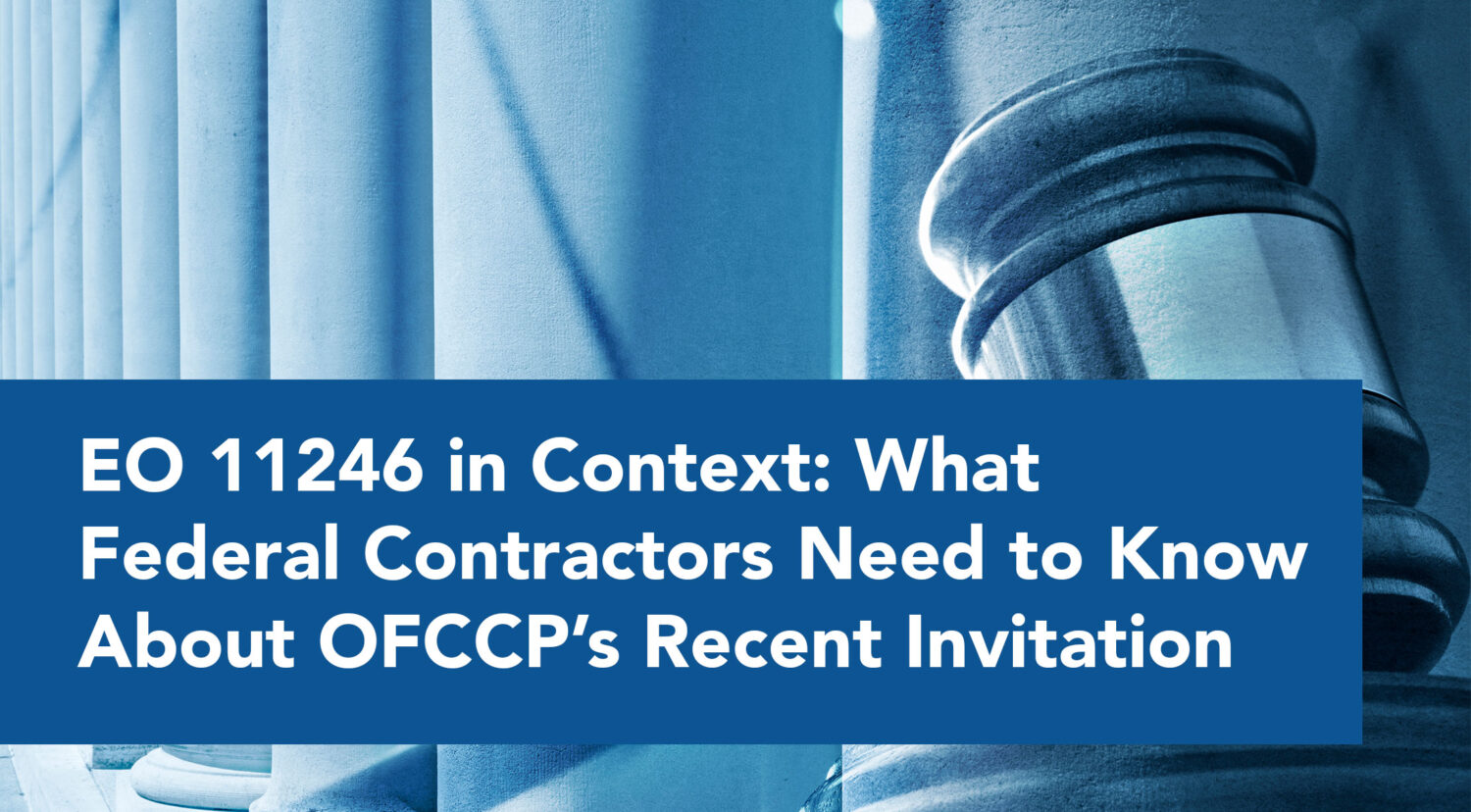Last Monday it was announced that Baldor Electric, a manufacturing company based in Fort Smith, AR, was settling systemic discrimination claims for $2,000,000.
What I would like to focus on is a quote from the OFCCP’s press release about Baldor:
“Discrimination is preventable when employers have certain processes in place and see to it that they are followed,” said OFCCP Director Patricia A. Shiu. “That’s why it’s so important for federal contractors to implement their affirmative action programs, keep accurate employment records and commit to ending barriers to fair employment. A proactive strategy is the best way to guarantee that all workers have an equal opportunity to succeed in the workplace. Plus, it’s the law.”
Everything a federal contractor needs to know in order to avoid fines, stay organized, not rush to meet the demands of an audit, and, quite simply, do the right thing is covered in this quote.
First, “Discrimination is preventable when employers have certain processes in place…,” such as applicant tracking systems, voluntary identification of gender and ethnic background, methods to screen for basic qualifications without encountering racial or gender identifiers, and training for hiring managers.
“…and see to it that they are followed,” by following up yourself with those hiring managers, running reports from time to time as a self-audit, making these procedures company policy, and getting buy-in from senior management.
“That’s why it’s so important for federal contractors to implement their affirmative action programs, keep accurate employment records and commit ending barriers to fair employment.” This sentence speaks for itself, but I’ll elaborate on two points: 1) By implementing your affirmative action programs, you should find that you are simply verifying that you follow proper best-practices for hiring and employment anyway; and that 2) keeping accurate records is one of those practices, the simple act of which fulfills most of the first point and, as a bonus, makes many other HR and leadership tasks far more efficient.
“A proactive strategy is the best way to guarantee that all workers have an equal opportunity to succeed in the workplace.” By leaving these activities undone until a scheduling letter shows up means that not only are you out of compliance, but you are also not guaranteeing an equal opportunity to even be considered for hire by qualified workers. I’m sure you’d like to not have to rush to become compliant as a reaction to an audit scheduling letter, but wouldn’t you like the peace of mind for doing the right thing as well?
“Plus, it’s the law.” ‘Nuff said.





